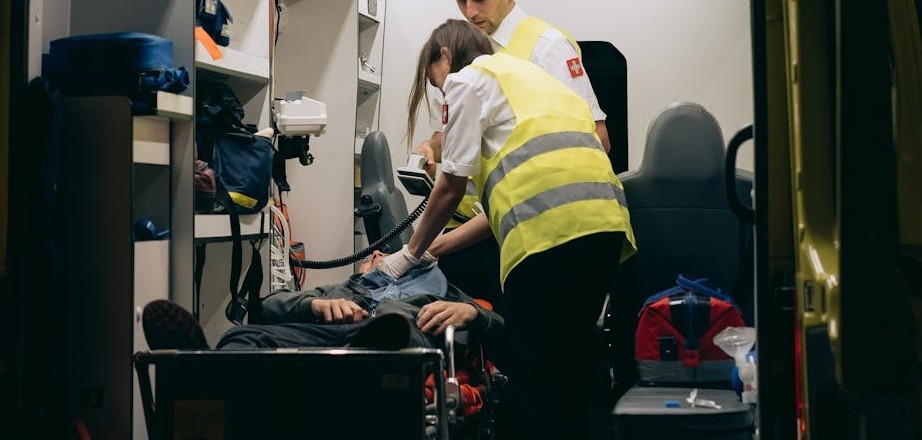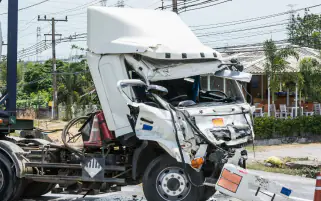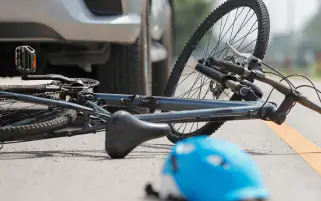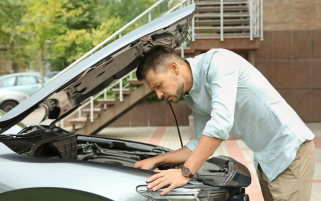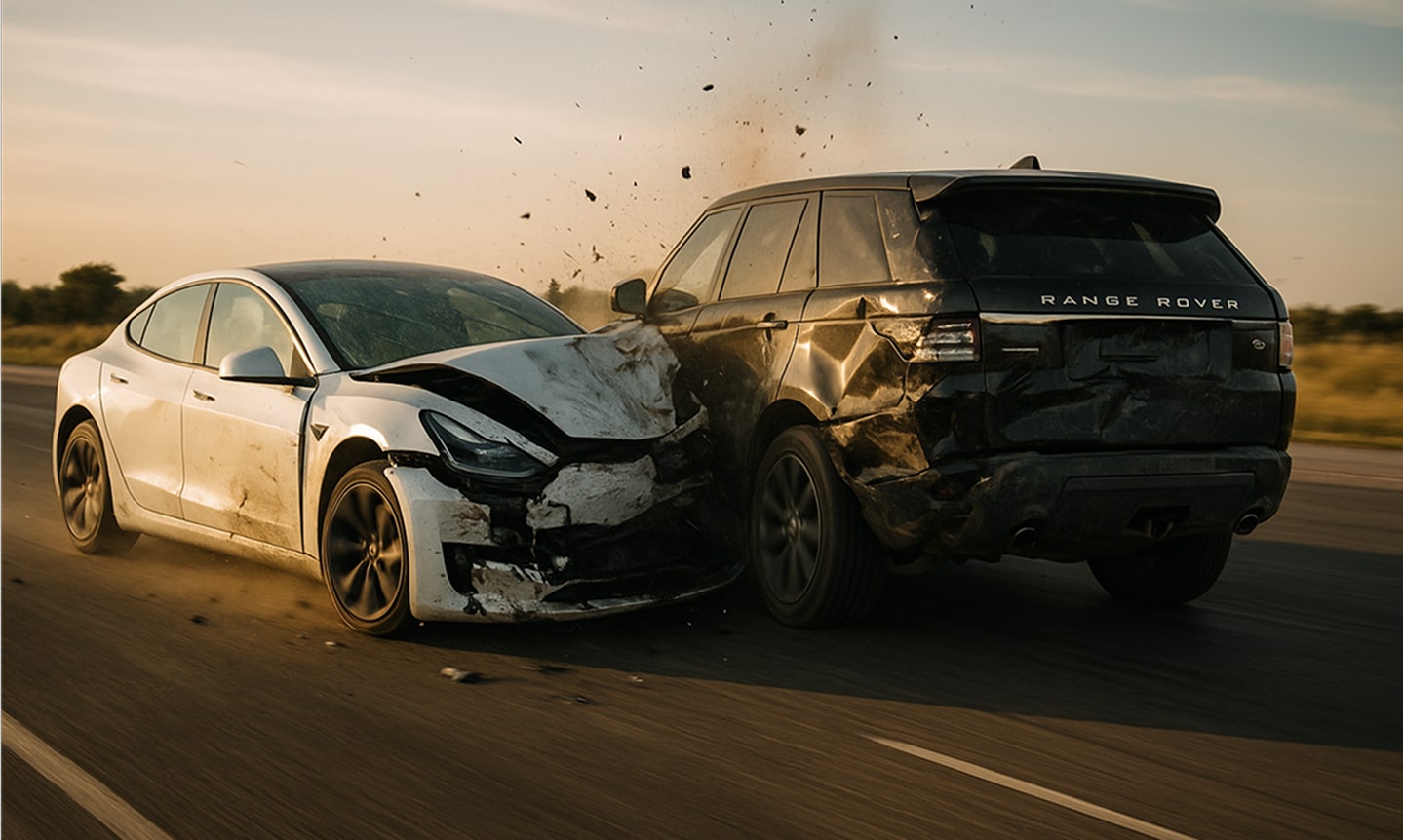
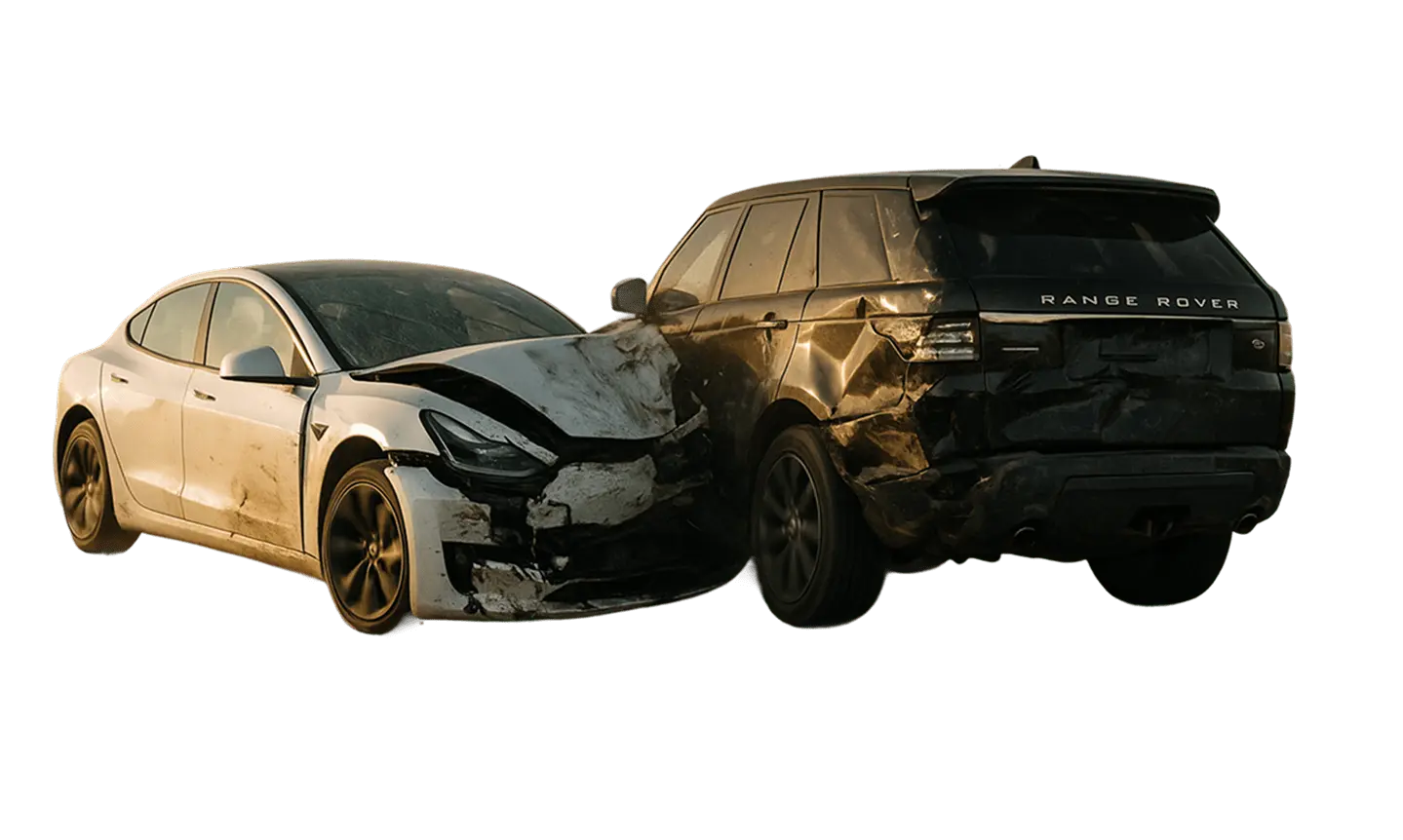
THE “PERSONAL” PERSONAL INJURY LAWYERS
Sacramento Personal
Injury Lawyer
Finding the right personal injury attorney serving Sacramento to handle your accident case may seem like a daunting task. You do not have to look far for a lawyer with years of experience. At AutoAccident.com, our legal team has obtained successful case resolutions for clients since 1982.
Our law office is in the heart of Sacramento, CA, right off Interstate 80 and across from the Arden Fair Mall. Learn how an attorney from our law firm can help you by scheduling a free consultation today. Here is more information on the personal injury claims process in California.
Schedule a Free Consultation Today
Obtaining justice and full compensation starts with working with a skilled injury attorney serving the Sacramento area. Contact our legal team at AutoAccident.com for free, friendly case advice at (916) 921-6400 or (800) 404-5400.
We offer multilingual services in free case reviews.
When searching for the best personal injury attorney near you, some key things to look for include client ratings and case results.
For attorneys, recognition of their work is essential for establishing credibility in the community. We are members of the National Association of Distinguished Counsel and the Million Dollar Advocates Forum. These groups recognize lawyers with a track record of success and demonstration of excellence in legal practice.

